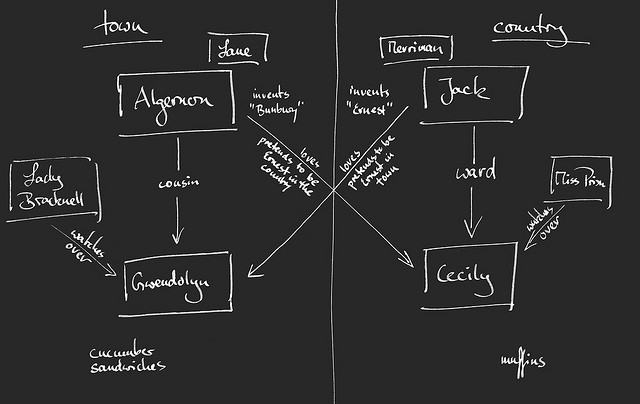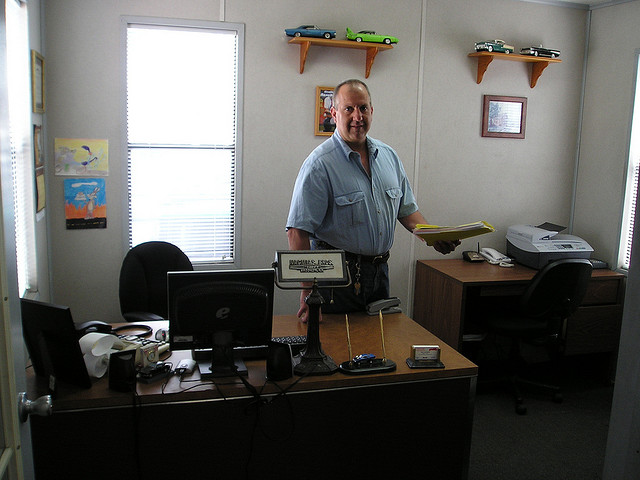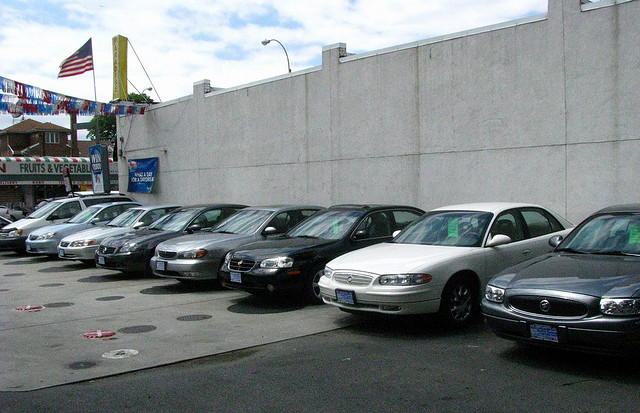 Do you remember Oscar Wilde’s famous play, The Importance of Being Earnest? Its main point is that living a double life is not an easy task and truth cannot stay hidden for too long. This holds even truer for auto dealers these days.
Do you remember Oscar Wilde’s famous play, The Importance of Being Earnest? Its main point is that living a double life is not an easy task and truth cannot stay hidden for too long. This holds even truer for auto dealers these days.
Indeed, honesty in the car sales business pays off much more than scheming and trickery because it is a long-term strategy, while dishonesty brings only short-term gains.
Dishonesty not only hurts your business’ reputation, but also puts you in a risky position in terms of potential bond claims, court cases and heavy state fines. The most immediate effect, of course, is that your customer base will steadily decrease if you cheat them — buyers won’t come back and they won’t refer your dealership to their friends and family.
Let’s go through the most common cases of dishonesty, the approach of an honest auto dealer, and how honesty pays off for auto dealers in general.
The usual cases of dishonesty
It’s practically a cliché that the job of a car salesman is to make the customer believe in fictional hype by using all the sales tricks he has in his hat. He can say that a certain vehicle is the only right one for the customer, or that this is the lowest price on the market, or that the customer needs to buy the car today, right now, or lose it forever. But there’s a difference between sales strategies and outright criminal dishonesty. The line between them is often blurry, unless you’re selling stolen or outright out-of-order cars. Although the crook salesman is a common stereotype, self-respecting auto dealers understandably don’t want to associate themselves with this image.
Part of the gray moral area in car sales is the so-called “desk dance,” which refers to the final closing of the deal when the salesman and the customer sit down to discuss the financial details. The salesman then goes to the manager to “ask for the price,” which, in reality, is only a fake performance. This common sales trick boasts varied success, even though it might offend customers’ intelligence and decision-making power.

Why do some fellow car salesmen resort to dishonesty, you may ask? There is a variety of reasons, but the main one might just be that they want to sell more cars, whatever it takes. Often they are pushed into using dishonest sales strategies by the dealership’s boss or policies. It’s hard to blame the salespeople, alone. Being the middleman between the customer and the boss is no easy task. And, we can’t avoid mentioning the pressure of having to meet the monthly sales goals outlined by your management.
Company goals, though, are not always realistic. Salesmen may often feel pressed to make moral compromises and partially hide the truth in order to close a sale. If you are stuck in a similar position and feel like you cannot reach your monthly target without lying, try talking to your managers. Explain the dilemmas you are facing and that you prefer not to press customers into unfavorable deals because that will ultimately hurt the business’ reputation.
Dishonesty is certainly a near-sighted approach for auto dealership businesses. Auto dealers don’t need to transgress their moral character and mislead customers into bad buying decisions in order to be successful. In fact, it’s actually much more pleasant (and profitable) to satisfy your customer’s demands in a genuine way.
What does it take to be an honest auto dealer?
Being an honest auto dealer, naturally, starts with personal integrity, responsibility and professional transparency. There will always be various incentives to apply sales tricks and dishonest methods, be it budget requirements or deal counts. While you may be under pressure from managers and competition from colleagues to close as many deals as possible, as a self-respecting car salesman you should be firm in how far you’re willing to go.
Simply remember (and remind others) that the dealership business is not about selling cars at any price. More importantly, it’s about building a reputation and a solid customer base. For example, instead of pushing a customer into a single car purchase they might regret, you can offer them the actual best solution for their needs, even if it means winning a smaller commission.
When your customers get the feeling that you respect them and treat them on an equal level, they will be loyal to your dealership and will be the best brand ambassadors you can get. Yet it takes a lot of work to gain such a reputation, because you need to stand behind what you say and what you promise.
How honesty pays off
Besides giving you moral satisfaction, honesty also pays off in very practical terms. While dishonest dealers might be able to close one-time deals, your open and transparent approach to selling cars will provide you with a steady flow of returning customers.

Gaining the trust of customers also means that they will refer your business and promote it through word-of-mouth, which is very effective and positive PR for your dealership. Such referrals can make it or break it for your dealership in hard times.
Consider the following: according to a recent infographic, 80% of profits in the future will come from just 20% of your already existing customers. If you do the math, you are gaining a lot more in the long term by focusing on building brand loyalty than by pushing for individual sales. Again, it might be hard to adopt this mindset when your boss wants immediate results, but if you sit down and discuss the issue openly, you might just change their mind for the better.
Treating your customers in an honest manner also means that they will respect you as an authority in the auto dealership business. This can work for you beyond your sales reputation. It means making a real name in the field as a reliable and authoritative dealership.
Share your thoughts
What is your experience with honesty and sales tricks as an auto dealer? Please leave your comments below.








